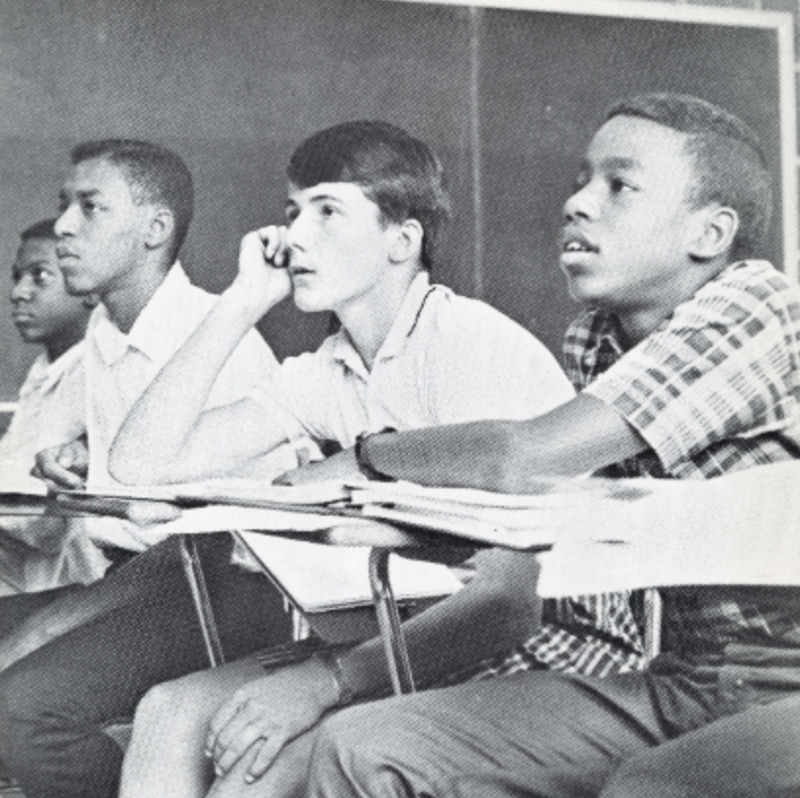“We've Been a Voice Crying Out in the Wilderness”: Educational Access and Black-Led Reform at Dartmouth College
Digital Exhibit by Katelyn Zeser, Dartmouth College Class of 2022
This is an exhibit based on an oral history interview with Dr. Wesley Pugh, Dartmouth College Class of 1973. Dr. Pugh attended Dartmouth during one of the most formative periods in United States history. In the 1960s, the Vietnam War, the Civil Rights Movement, and issues of gender and class equality had all come to a critical point; the years that followed were extremely important to achieving better standards of diversity and equality at Dartmouth.
I initially approached this interview with a deep curiosity about Dr. Pugh’s experiences at Dartmouth. And though his undergraduate life was central to both the interview and the exhibit, I was struck by Dr. Pugh’s commitment to educational access throughout his entire life. Thus, the primary theme I will discuss is the work done by Black Americans, as both students and educators, to reform higher education.
Beginning with high school recruitment and ending with a commentary on the future of higher-ed, this exhibit focuses on several different elements of educational access and reform, both at Dartmouth and across the nation.
I hope visitors to this exhibit may gain a more nuanced, informed understanding of all the ways Black students can create change, from the time they pick where they go to college, to the ways they face discrimination once they get there, and finally, to the futures they choose as changemakers, educators, and leaders. In the words of Dr. Pugh:
I think what Dartmouth has led me to be able to further understand and see is that the model of “Vox Clamantis in Deserto,” a voice crying out in the wilderness, that really has been something that typified and represented what so many of us students, African American students… We've been a voice crying out in the wilderness about equity, racism, issues of addressing white privilege.
Dr. Wesley Pugh '73

